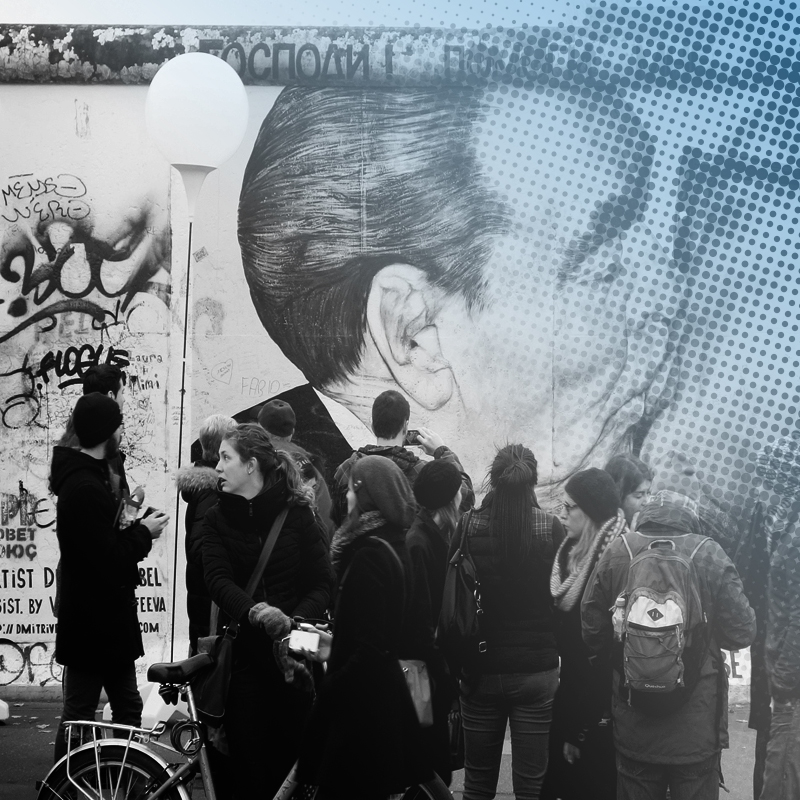podcast
What Was That? The NATO Summit 2025, with Nathaniel Reynolds
Podcast host Alex Gabuev is joined by Nathaniel Reynolds, a senior fellow at the Carnegie Russia Eurasia Program who worked in senior Russia policy roles during Joe Biden’s presidency, to discuss the recent NATO summit in The Hague and the implications for Ukraine, Russia, and Europe.
· July 3, 2025






